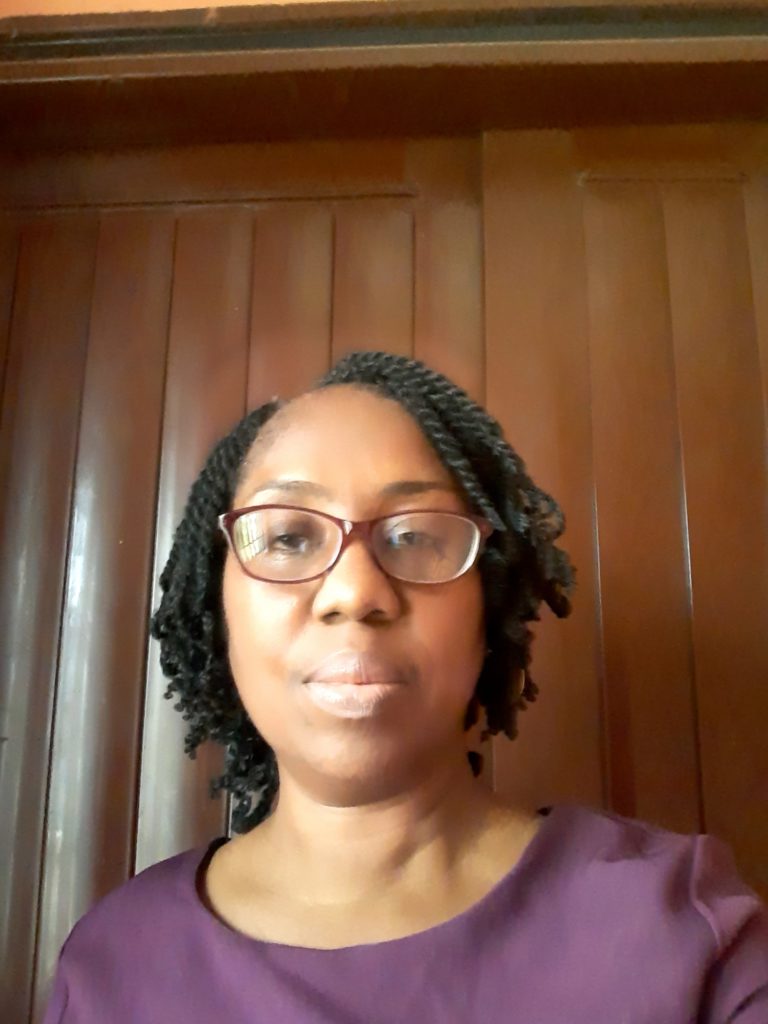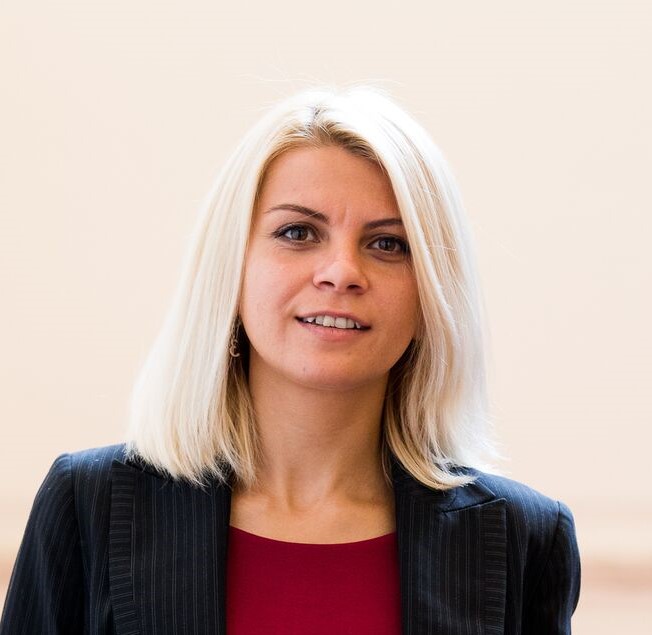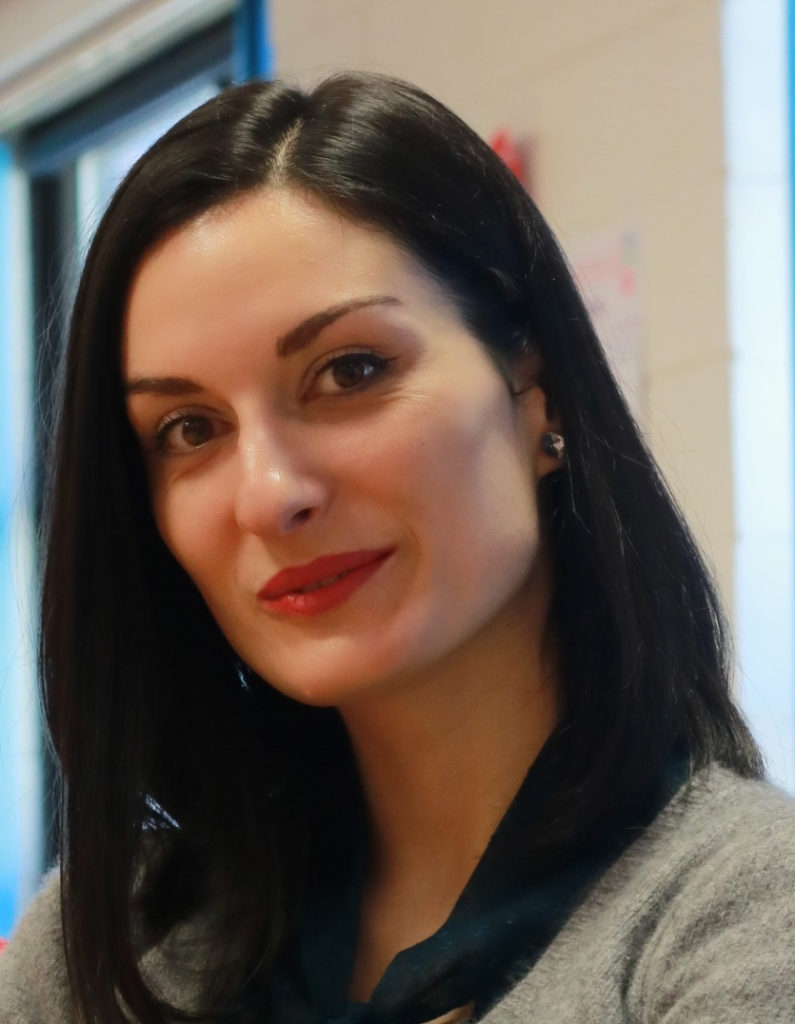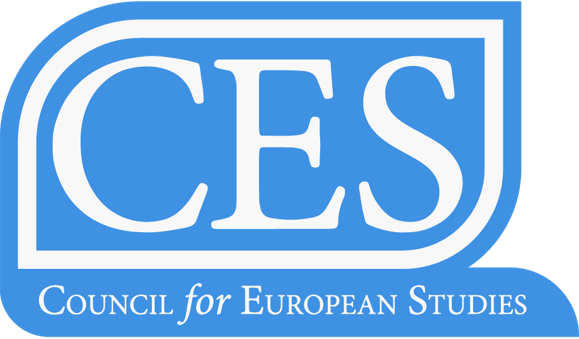
The WSF-CES Writing Lab: A World Society Foundation and Council for European Studies Collaboration
The WSF-CES Writing Lab was created by Council for European Studies Executive Director Nicole Shea and is generously funded by the World Society Foundation (Zurich, Switzerland). It virtually gathers fellowship recipients from the Global South and from those countries in Europe that have been less represented in the field of European Studies to participate in a joint publication project in connection with the annual CES Conference for Europeanists. Scholars selected for the program work together on an edited collection to be published as a book under the academic and editorial guidance of Drs. Nicole Shea and Hélène Ducros.
Beyond the publication output and the template for successful institutional cooperation it offers, the Writing Lab is conceptualized as a process. It is designed as a participatory space for crafting lasting bridges not only across disciplines, but also across geographies and scholarly traditions that rarely intersect. As a result, it contributes to enhancing inclusiveness in European Studies and developing cross-continental collaborative practices in the field. As such, it expands the scope of the discipline, supporting the diffusion of research conducted by scholars located outside Western Europe and North America, and highlighting Europeanists who generate knowledge about Europe from without the Global North, in a reversal of established patterns of scholarly production.
Writing Lab Leadership:
- Dr. Nicole Shea, Writing Lab Founder & Director
- Dr. Hélène Ducros, Lead Editor & Academic Officer
**Attend the WSF-CES Writing Lab Fellows’ paper presentations at the 27th International Conference of Europeanists. See their schedule here.
2021 Global Fellows:


Dr. Sérgio Luiz Cruz Aguilar, São Paulo State University, São Paulo, Brazil; “European Union Military Operations: Adapting to security (dis)order”

Dr. Lisheng Dong, Chinese Academy of Social Sciences, Beijing, China; “Comparing Motivations and Strategies for Integrated Care Reforms in China and Norway” (with Dr. Qun Cui)

Dr. Oksana Ermolaeva, Collegium for Advanced Studies, New Europe College, Bucharest, Romania; “The Role of the Environment in (B)order-Making and Border Crossing in Russian Karelia from the Eighteenth to Early Twentieth Century”

Dr. Anlam Filiz, Türkisch-Deutsche Universität, Istanbul, Turkey; “Constructing the Idea of Europe through Turkish Media Coverage of the EU-Turkey Deal”

Dr. Toyin Oluwaremilekun Oluwaniyi, Redeemer’s University, Ede, Nigeria; “Europe-Based Multinational Oil Corporations, Environmental Governance, and Conflict in Nigeria’s Oil Rich Niger Delta”

Edina Paleviq, Andrássy University Budapest, Hungary; “Confronting Rule Adoption and Implementation in Montenegro’s Europeanization”

Dr. Sukanya Sarkar Sasmal, Sarojini Naidu College for Women, West Bengal State University, Kolkata, India; “From European Utopian Dreamland to Dystopian World: Perspective from the Colonized Bengali”

Dr. Mare Ushkovska, International Balkan University (Skopje); “Beyond Populism: Social Sources of EU-Skepticism in the Visegrad Group”


